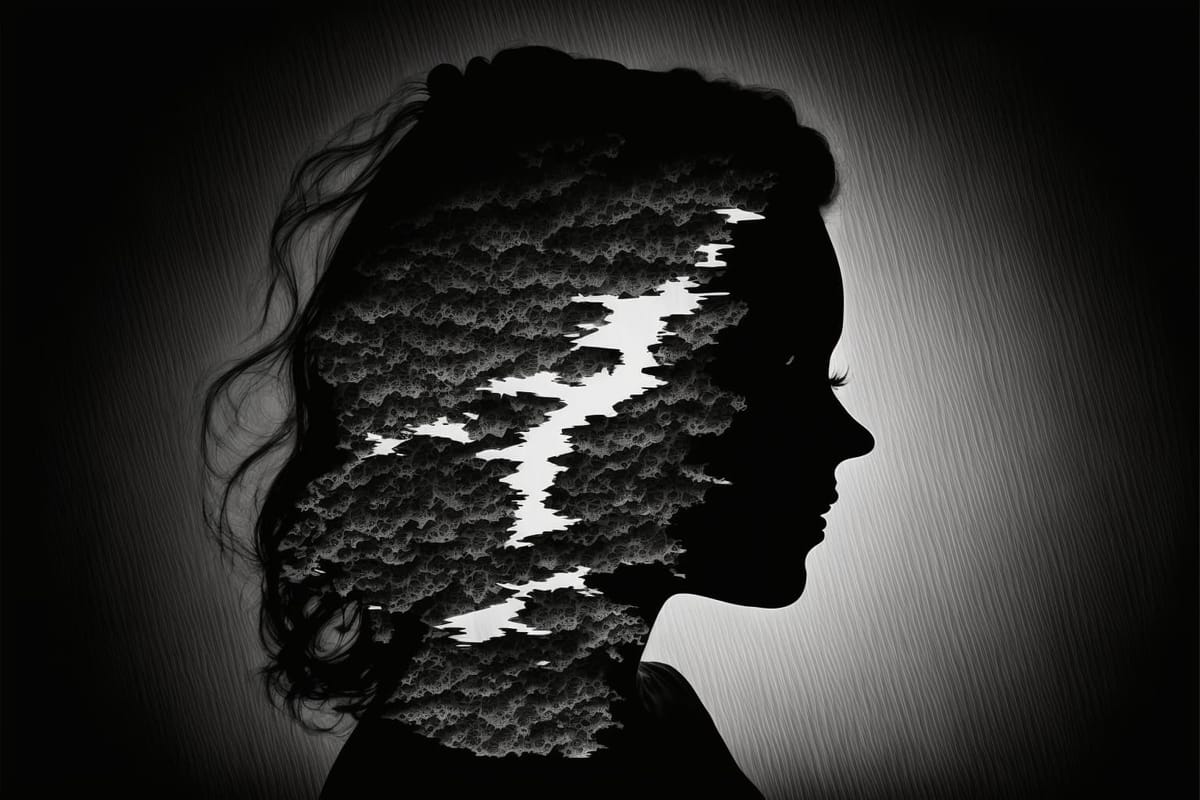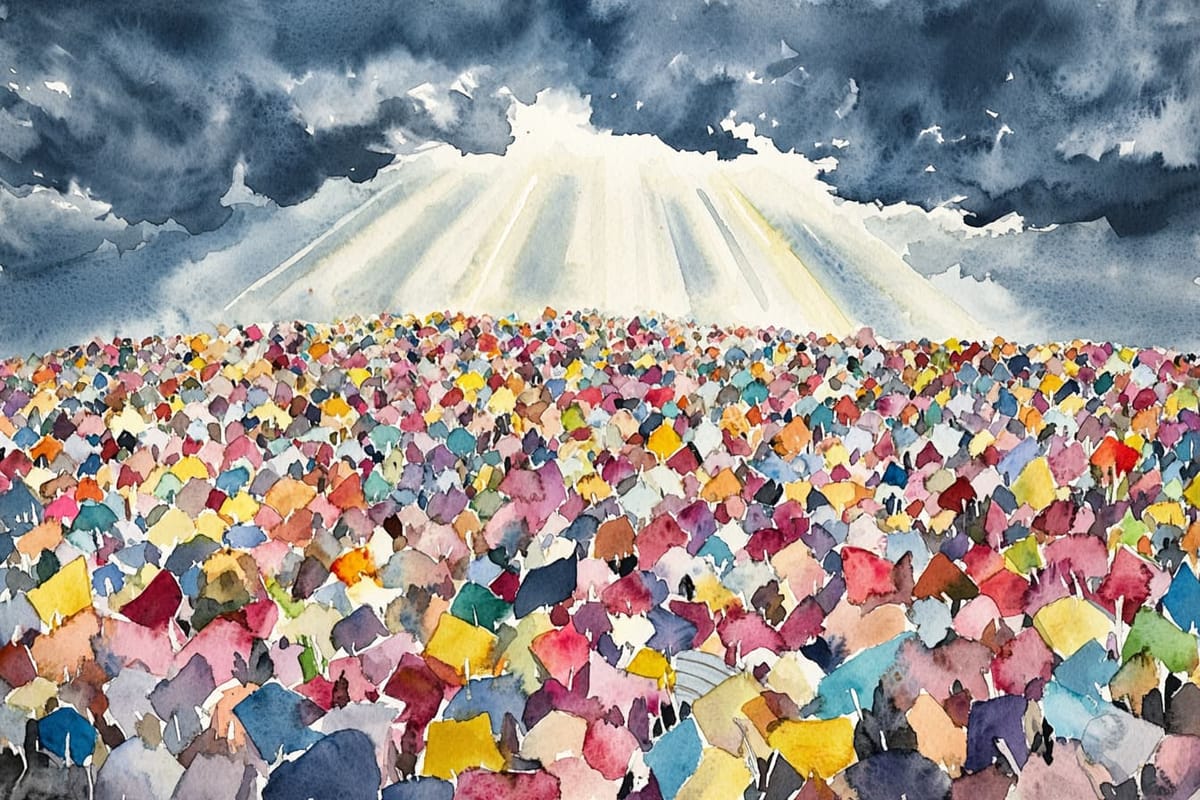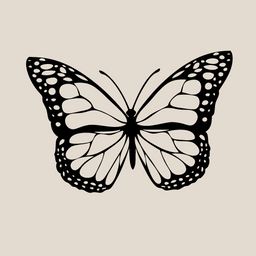The Power of and Problem With Sharing Stories About Abortion
Should women raise awareness by talking about their choices?

Since the Supreme Court decision that overturned Roe v. Wade, there has been an outpouring of women sharing their abortion stories.
I’m a frequent flyer on LinkedIn and have seen heartfelt, vulnerable, gut-wrenching, and decisive stories. Women give context: they say, “This was the situation, and this was the choice I made.” The common thread between these stories is that these women had options. Whether they were raped, faced medical complications, or simply weren’t ready, they ended their stories with, “I had a choice in what happens to my life and my body.”
A few days after the Dobbs ruling was handed down, Planned Parenthood sent me a text message:
One of the biggest ways we show up and stand out is by sharing our story.
And I get it — advocates for bodily autonomy and the right to choose are trying to destigmatize abortion. Many women don’t share stories because they fear backlash.
Myself included.
I’ve made reproductive choices in my life that I haven’t openly shared, including with my own family. I feared judgment. People that I trust? They know my story. I knew that I would be safe and those people would support me, unconditionally.
I’ve wrestled over the past few weeks with how much I wanted to share. I want to do my part and come forward, standing with other courageous women. There’s an argument to be made that by sharing stories, we can open the minds of people who may see the issue as black and white. We may move the needle, if you will.
The reason I don’t share? Because in the end, my reason doesn’t matter. The only thing that matters is that I have a choice.
It’s a Catch-22: the power of and problem with increasing abortion awareness through stories. Women share devastating moments in their personal histories and the overwhelming response is, “Well, that was ok.” Or they choose to disclose it to their friends and family,I made choices with my doctor and the response is, “Well, we’ll always support you.”
It still puts limits around what is acceptable — sharing the vibes of Joyce Arthur’s post “The Only Moral Abortion is My Abortion.” The anecdotes highlight that anti-choice women still make choices — and somehow justify that it was ok for them. But not other people.
I thought about sharing more and ultimately decided against it. I’d be willing to put myself out there and emphasize why abortion is necessary healthcare. But not at the expense of other women who have made choices for the same — or different — reasons that people may find more or less acceptable.
- Did I get pregnant when I was 17?
- Was I raped?
- Was I a young professional, afraid of derailing my career?
- Did my birth control fail?
- Was my health threatened?
- Did the fetus have an abnormality?
- Something else…?
Not only that, but I’ve faced more than one pregnancy-related decision in my life, each with a drastically different outcome.
Whatever the reasons, I had choices. I made choices with my doctor without any government intervention. Choices I do not regret. Choices my 4-year-old daughter may no longer have, unless we — collectively, as a society — fight for our constitutional rights to privacy and bodily autonomy to be restored.
So (for now), I’m not going to share my story. Everyone can wonder forever if my choice was justified in their minds. Or they can hang firmly in the camp of “abortion is not justified, ever.”
And women — women who feel things, have lived experiences, and are surrounded by people who love them — will die as a result of that stance.
Women's rights are human rights.
I made a choice. End of story.


